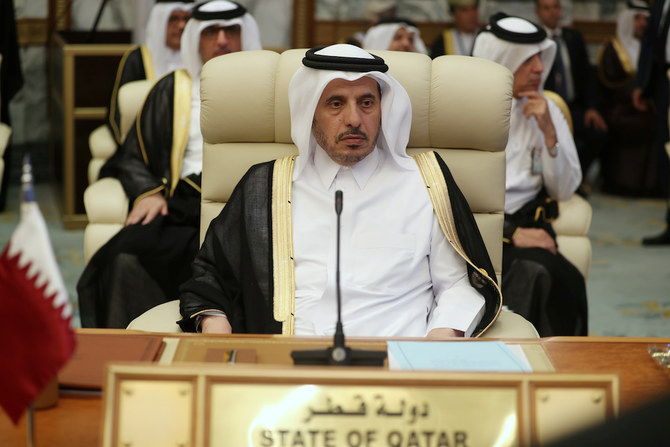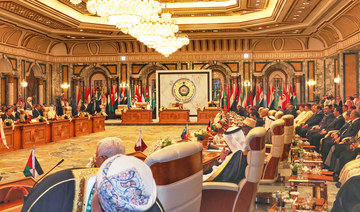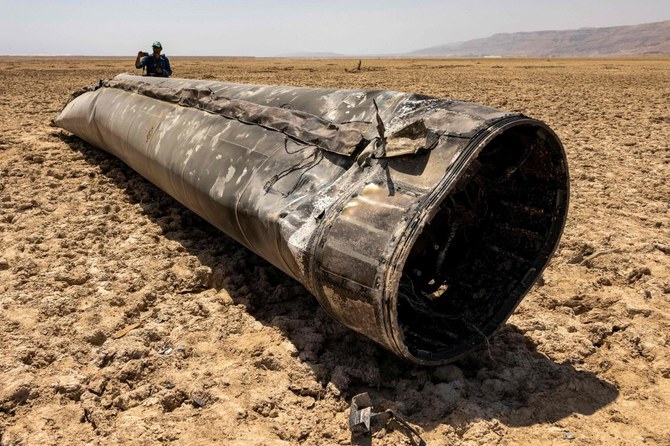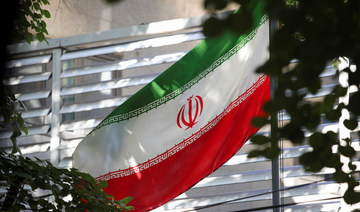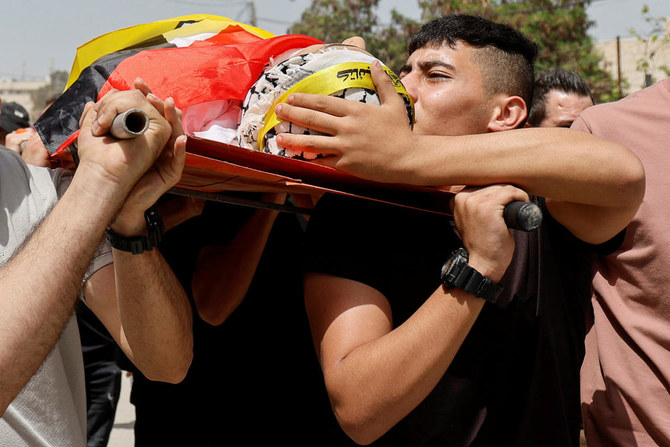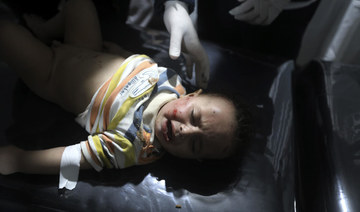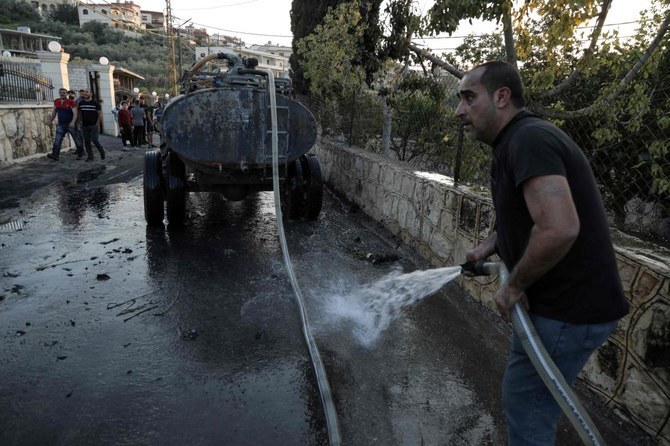JEDDAH: Qatar on Sunday said it rejected the final declaration of Arab and Gulf Cooperation Council (GCC) summits held in Makkah last week, despite originally endorsing the statement.
Doha could not support the communique because it contradicted Qatar’s foreign policy, the Qatari foreign minister said.
Saudi Arabia's Minister of State for Foreign Affairs, Adel Al Jubeir, accused Qatar of distorting the facts, while the UAE and Bahrain said Doha had gone back on what had been agreed at the meetings
"Qatar had reservations today about two statements that reject Iranian interference in the affairs of the regional states, and the Arab summit’s statement confirmed the centrality of the Palestinian cause and the establishment of a Palestinian state in accordance with the borders of 67, with East Jerusalem as the capital. Everyone knows that Qatar’s distortion of the truth is not surprising," Al-Jubeir said on Twitter.
Al-Jubeir said Qatar should have made its position clear during the meeting. "Countries that make their own decisions when participating in conferences and meetings announce their positions and reservations in the context of meetings and in accordance with norms, not after the meetings," he said.
Anwar Gargash, UAE Minister of State for Foreign Affairs, said Qatar’s change of position pointed to weakness and a lack of credibility.
"It seems to me that to attend and agree in meetings then retract what was agreed upon is either the result of pressure on the vulnerable who lost their sovereignty, bad intentions or lack of credibility, and these factors could be combined," he tweeted.
Bahrain’s Foreign Minister, Sheikh Khalid Al-Khalifa, said the move demonstrated the weakness of Qatar’s relations with its neighbors.
In a statement, he said "Qatar’s unresponsiveness to the fair demands that were presented by our countries has led to the persistence of its crisis and prolongation."
"We have no interest in prolonging Qatar’s crisis, but it does not want a solution after it disagreed with its brothers, a matter that absolutely does not redound to the benefit of brotherly Qatari citizens who will remain an integral part of the Gulf’s society whose countries and people are linked by the unity of purpose and a shared destiny," he said.
Qatar has been boycotted by Saudi Arabia, the UAE, Bahrain and Egypt since June 2017 over its support for extremist groups and for its close relations with Iran.
Despite the breakdown in relations, Saudi Arabia's King Salman invited Doha to attend emergency meetings of the GCC and Arab League last week in Makkah. The meetings were called in response to an increase in tensions with Iran.
The communique released Friday strongly condemned Iran for destabilizing the region and said Tehran “posed a direct and serious threat.”
“The statements of the Gulf and Arab summits were ready in advance and we were not consulted on them,” Mohammed bin Abdulrahman Al-Thani told Al-Araby broadcaster. “Qatar has reservations on the Arab and Gulf summits because some of their terms are contrary to Doha's foreign policy.”



